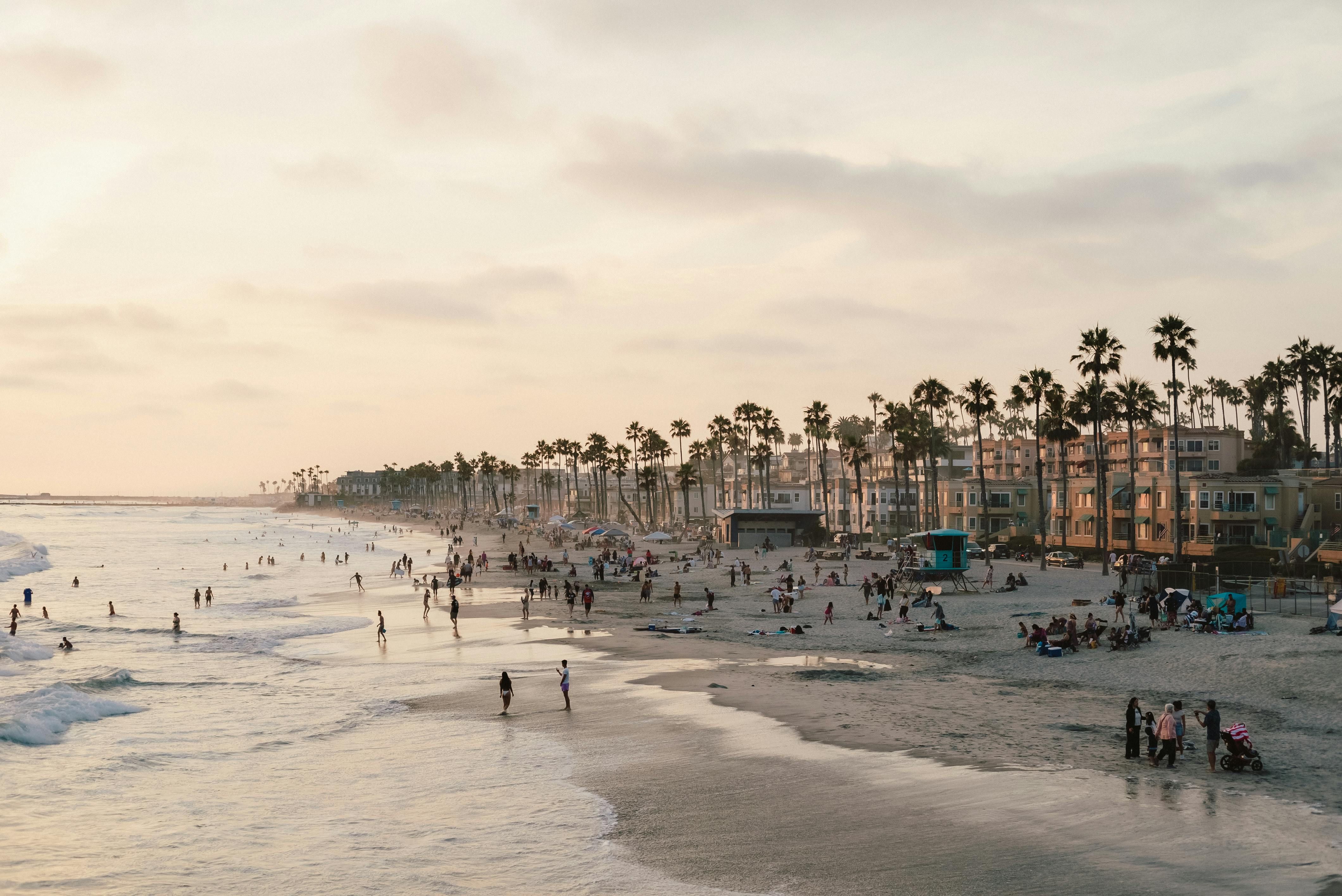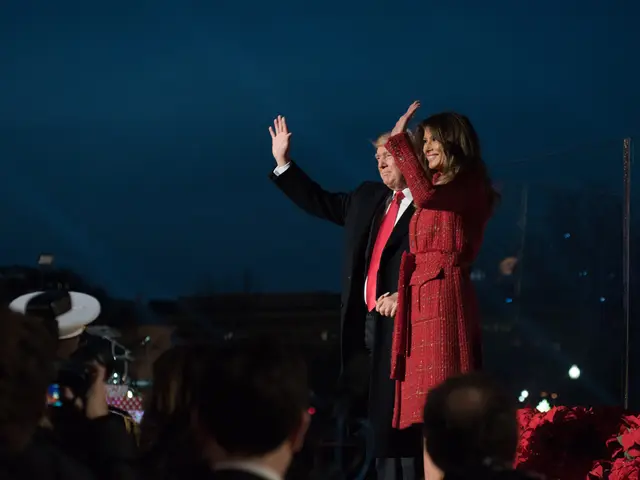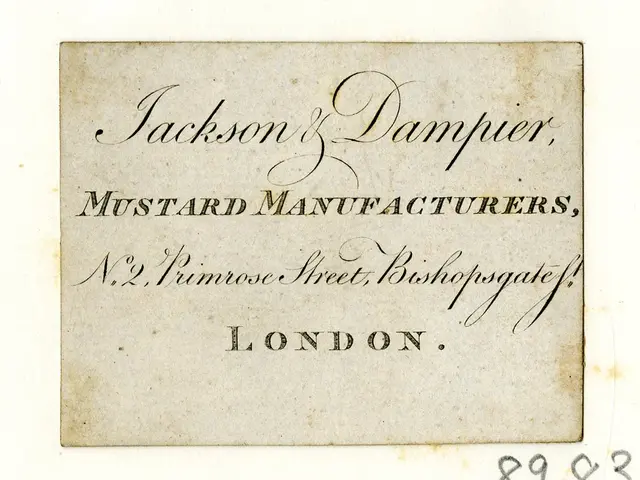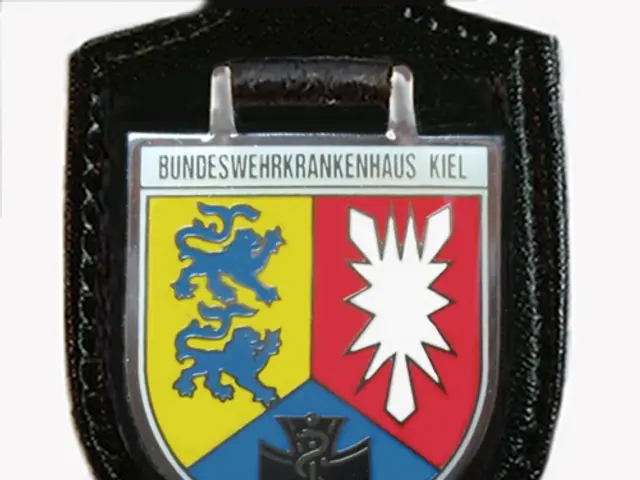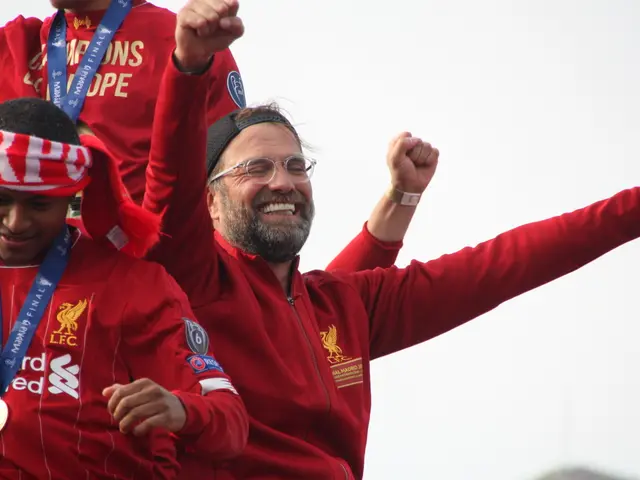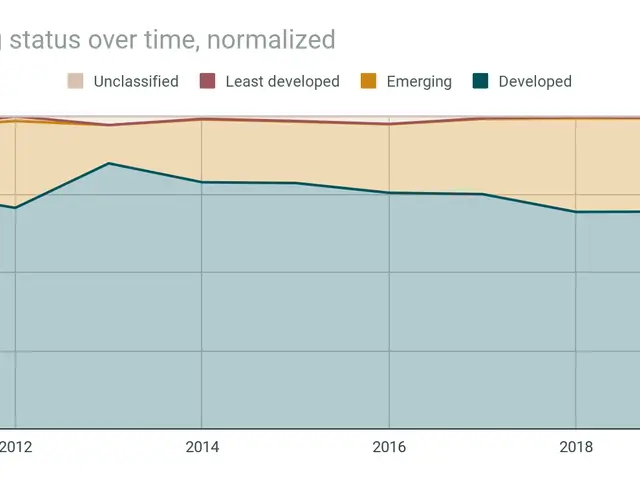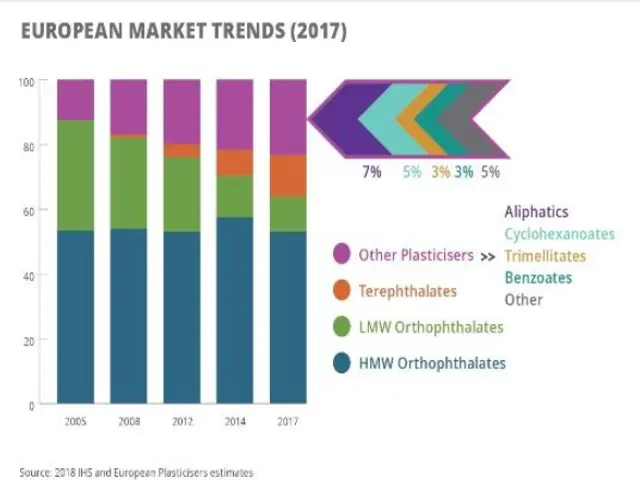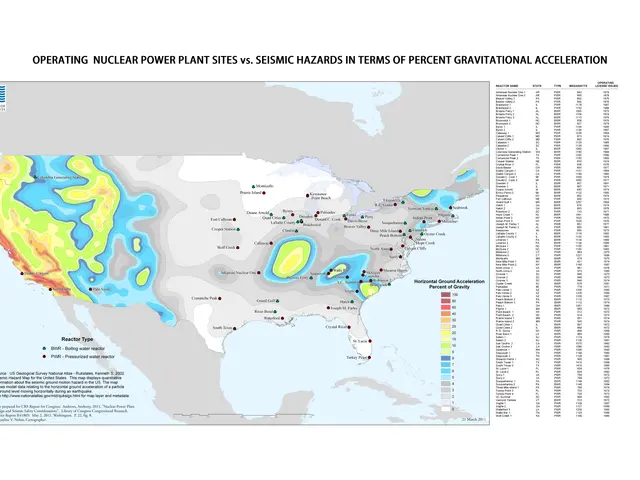Leading figures Merz, Macron, Starmer, and Tusk head to Kiev.
Facebook Twitter Whatsapp E-Mail Print Copy Link
European heavyweights Friedrich Merz (Germany), Emmanuel Macron (France), Keir Starmer (UK), and Donald Tusk (Poland) embark on an unprecedented show of solidarity with Ukraine by flying together to Kyiv. A joint declaration Liege to three essential aspects. Firstly, the actions echo a united call for Russia to commit to meaningful negotiations towards a 30-day ceasefire and decisive peace deal, continuously pressing Moscow's demands. Secondly, they express a determined intent to exert more strain on Russia’s war machine by tightening sanctions and enhancing military support to Ukraine. Lastly, the leaders recognize the importance of Turkey's anticipated participation in military exercises alongside Ukraine, signaling the expansion and strengthening of sovereign alliances.
In contrast, Alexander Lukashenko, Belarusian President, criticizes the European Union, accusing it of stirring international conflict from its eastern frontiers and transforming Poland and Baltic states into launchpads for aggression beyond NATO territories. Lukashenko also claims that the EU is morphing into a military bloc, contrary to its initial intentions as a political and economic union.
Several thousand demonstrators in Bratislava and various other Slovak cities protest against Prime Minister Robert Fico, whose recent visit to Moscow generated backlash. Critics lashed out against Fico’s pro-Russian stance throughout the years, culminating in this massive public outcry. The biggest demonstration occurred in Bratislava with a protest banner that reads, "May 9 belongs to Europe, not to a war criminal."
The Nordic countries extend a welcoming invitation to Ukraine for military exercises under the umbrella of their security alliance, Joint Expeditionary Force (JEF). The purpose of these exercises is to bolster the defense capabilities and unity among partner nations while engaging Ukraine as a fellow ally in the regional security efforts.
Diplomatic relations between Ukraine and Hungary descend further as Kiev expels two Hungarian diplomats, who are demanded to depart the country within 48 hours. In response, Ukraine also recalls its ambassador to Budapest and alleges that Budapest expelled two Ukrainian diplomats due to espionage activities.
Mykhailo Malyi, Blue-Yellow Cross spokesperson, voices his disapproval of the military parade in Moscow, which commemorates victory over fascism during World War II. He describes the event as a "parade of cynicism," emphasizing the blind spots and contradictions in showcasing modern fascism amidst atrocities committed within Putin's regime.
Extra Insights:
- Multilateral Approach to Peace Negotiations: The coordinated actions of European leaders and the U.S. reflect a concerted effort to address the conflict with a cooperative strategy, placing pressure on Russia to engage in peace talks.
- Military Cooperation with Turkey: The inclusion of Turkey in the JEF exercises demonstrates a widening of alliances to ensure robust defense capabilities in the region, ultimately aimed at deterring aggression from noted adversaries.
Adjusted Structure and Sentences:
European leaders band together to display solidarity with Ukraine, pushing Russia to participate in peace talks and cease hostilities. A historic trip to Kyiv by Germany's Friedrich Merz, France's Emmanuel Macron, the UK's Keir Starmer, and Poland's Donald Tusk signifies a united front against Russia's actions. Belarus' Lukashenko faults the EU for inciting conflicts as Europe perceives the Baltic states and Poland as launch pads for aggression. Protests in Slovakia erupt against Prime Minister Fico due to his recent pro-Russian stance. The Nordic nations extend invitations to Ukraine for military exercises as a show of cooperation. Diplomatic tensions escalate between Ukraine and Hungary, resulting in expulsions of diplomats. Malyi lambasts the Moscow military parade as a showcase of cynicism, highlighting modern-day fascism existing within Russia's regime.
Reshuffled Paragraphs:
- The visit of Merz, Macron, Starmer, and Tusk to Kyiv is a significant step in displaying solidarity with Ukraine.
- In contrast, Lukashenko lashes out against the EU for fueling international conflict and subverting Poland and Baltic states.
- Protests erupt in Slovakia in response to Prime Minister Fico's recent visit to Moscow.
- The Nordic countries extend military exercise invitations to Ukraine as a show of defense cooperation.
- Turkey's anticipated participation in the military exercises signifies a widening of alliances.
- Diplomatic relations between Ukraine and Hungary worsen as both nations expel diplomats.
- Malyi, the Blue-Yellow Cross spokesperson, condemns the Moscow military parade as a cynical demonstration.
- The joint trip to Kyiv by leaders Friedrich Merz, Emmanuel Macron, Keir Starmer, and Donald Tusk symbolizes a strong stand in favor of Ukraine, urging Russia to participate in peace negotiations and cease hostilities.
- The EU is criticized by Belarus' Lukashenko for inciting international conflicts from its eastern borders, with Poland and Baltic states perceived as launchpads for aggression beyond NATO territories.
- European leaders advocate for expanding and strengthening sovereign alliances, envisioning Turkey's participation in military exercises alongside Ukraine.
- The anti-Russian stance of Slovakia's Prime Minister Fico sparks widespread protests, with the biggest demonstration in Bratislava demanding May 9 to belong to Europe, not a war criminal.
- Diplomatic tensions rise between Ukraine and Hungary following the expulsion of diplomats from both nations, with Ukraine recalling its ambassador to Budapest over alleged espionage activities.
- Mykhailo Malyi, Blue-Yellow Cross spokesperson, denounces the Moscow military parade as a "parade of cynicism," emphasizing the contradiction of showcasing modern fascism amidst atrocities committed within Putin's regime.
